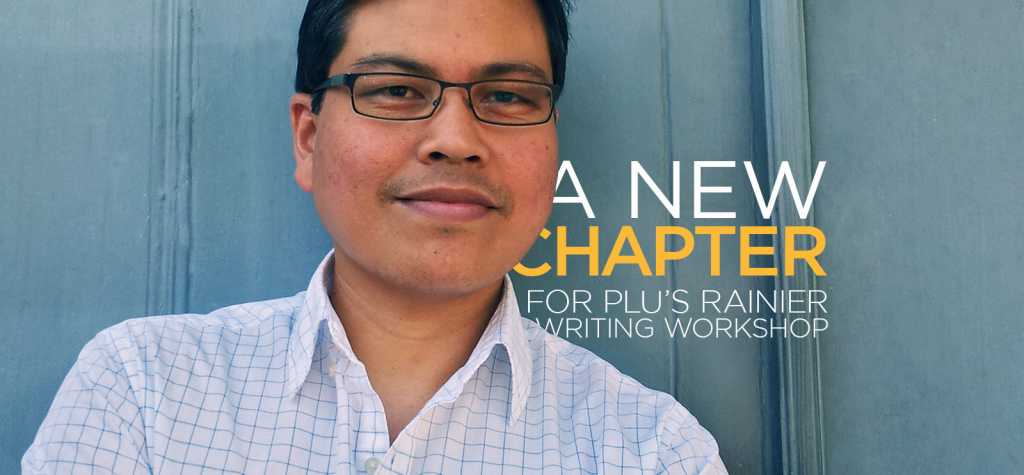Page 60 • (670 results in 0.046 seconds)
-
EUPHONIUM BM Performance of at least two works of contrasting styles (concerto, etude, sonata, through composed original literature). Performance quality must be at or near that of a good conservatory student. All major and minor scales (all three forms) and arpeggios. Scales and arpeggios must be played 2 octaves from (concert pitch) low E to Bb, and one octave from B to Eb. Students with fourth valve will play all scales and arpeggios for any note in two octaves minimum. Two-octave chromatic scales
-
want them to learn to do. Then you assess what they do, with clear criteria and standards. The assessment can be done via such things as: Simulations Demonstrations Team projects Explication activities (for example, in literature) Writing Some Classroom Assessment Techniques (CATs) Foundational KnowledgeHere, you just want to determine if students “understand and remember” important concepts, terminology, principles, etc. Possible Assessment Procedures: Traditional kinds of paper/pencil tests Drill
-
continents, an achievement that was subsequently repeated in 2008 and will also occur in 2010. The course in Antarctica that makes this achievement possible is a class in Environmental Literature, taught by Dr. Charles Bergman, Professor of English.
-
has published essays about numerous contemporary American poets. A regular essayist for The Georgia Review, his critical articles and reviews have appeared in many journals and collections, among them The Iowa Review, Papers on Language and Literature, The Southern Review, Contemporary Literary Criticism, and Poetry International. He was awarded the Distinguished Teaching Award at Cal Poly in San Luis Obispo, CA, where he taught poetry writing and modern and contemporary American literature. Still
-
twelve book awards. These include: a USA Jewish Book Award (Women’s Studies), a Vine Award for Canadian Jewish Literature (History), a Canadian Jewish Literary Award (Holocaust Studies), a CHOICE ‘Outstanding Academic Title’ Award, an International Book Award (History), and a Montaigne Medal for thought provoking books.Birth, Sex And Abuse: Women’s Voices Under Nazi RulePaul WeindlingPresentation Title: “Mengele at Auschwitz: Reconstructing the Twins” Who: Paul Weindling, Ph.D. Bio: Paul Weindling is
-
Literature. Prof. Simpson-Younger comes to us most recently from Luther College, our Iowa ELCA cousin, where she served as a visiting faculty member. She received her PhD from UW-Madison in 2012 and her research focuses on acts of watching vulnerable bodies in the early modern period. A reader at the Folger Shakespeare Library, Simpson-Younger is also very interested in questions of book history, and she integrates manuscript evidence (including an actual sleeping potion recipe) into many of her
-
-winning, Oscar-nominated documentary, and he was elected by The Great Books Foundation as a Significant Writer of War-time Literature for the anthology Standing Down. Hrivnak has made contributions to the greater good of the Northwest region through his involvement in aviation as well as nursing. He is an original member of the Northwest Regional Aviation Program, the Puget Sound Urban Search and Rescue Task Force, and the Pierce County Rescue Systems. Currently, Hrivnak is serving as Assistant Fire
-
-winning, Oscar-nominated documentary, and he was elected by The Great Books Foundation as a Significant Writer of War-time Literature for the anthology Standing Down. Hrivnak has made contributions to the greater good of the Northwest region through his involvement in aviation as well as nursing. He is an original member of the Northwest Regional Aviation Program, the Puget Sound Urban Search and Rescue Task Force, and the Pierce County Rescue Systems. Currently, Hrivnak is serving as Assistant Fire
-

the value of literature and writing is even more paramount as we move forward, because it’s acting as kind of a resistance to forces in our culture that want to reduce or simplify experience,” Barot said. “What literature does is restore complexity to the things that people feel and do and think, and celebrate complex emotional, social, intellectual experiences.” As for the future of the Rainier Writing Workshop, Barot looks backward and forward, always with the founders’ vision—and achievements
-
(medicines, poisons, psychoactive plants), genetic engineering, bio-prospecting, and socio-economic issues surrounding botanical commodities. Prerequisite: BIOL 226. (4) BIOL 358 : Plant Physiology A study of how plants obtain and utilize nutrients, react to environmental factors, and adapt to stress. Focuses on mechanisms at the molecular, cellular, and organismal levels. Explores connections to agriculture and ecology. Relies significantly on primary literature. Includes laboratory. Prerequisite: BIOL
Do you have any feedback for us? If so, feel free to use our Feedback Form.


